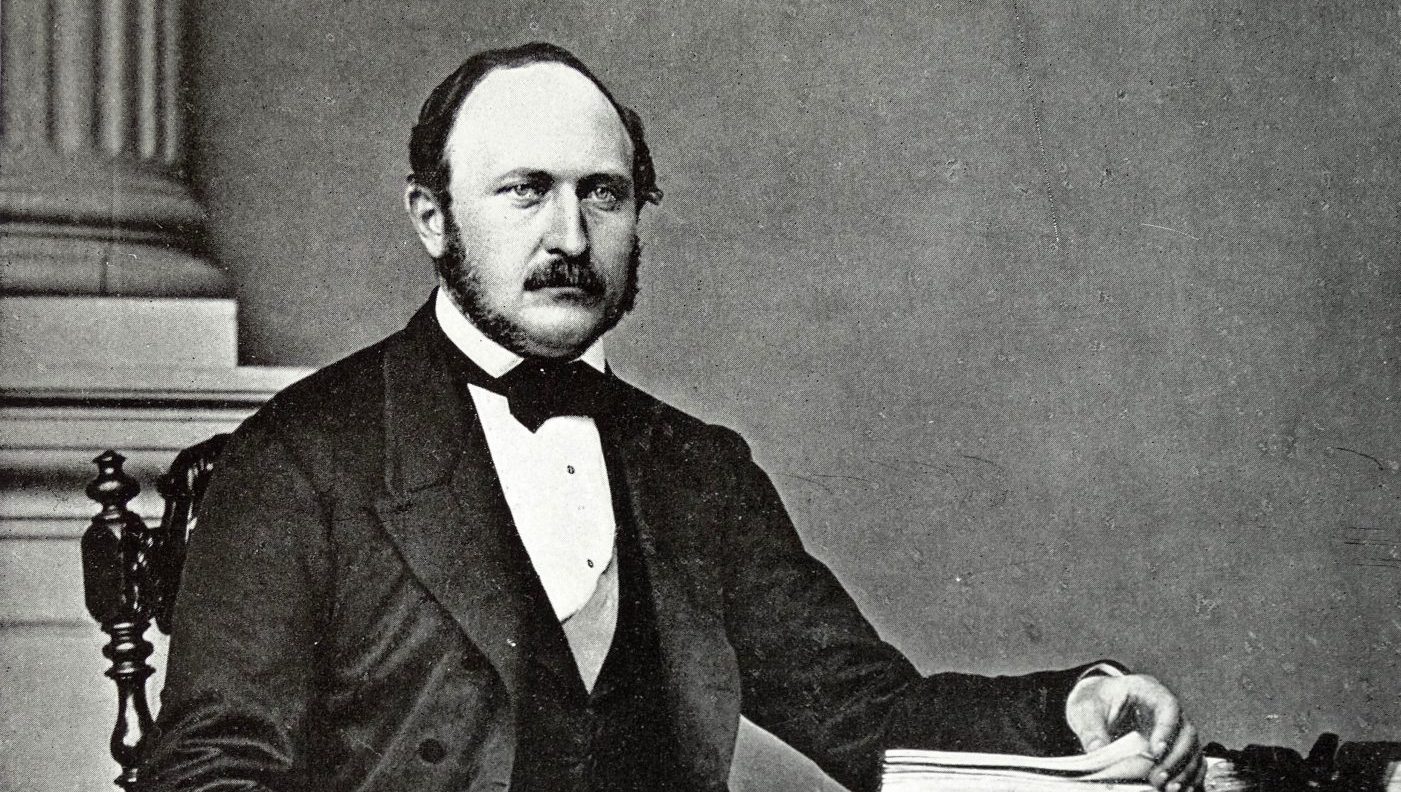People who have visited Greece or Cyprus may remember that the Greek word for “thank you” is euxaristó, pronounced “efharistó”. This is actually a verb-form meaning “I thank [you]”, so if several people are expressing gratitude, you should say euxaristoume “we thank [you]”.
Those readers who go to church may recognise that the Greek word for “thank you” is the source of the English word Eucharist, which is often used as a synonym for the Christian service of Holy Communion, although its basic meaning is in fact “thanksgiving”.
This is not to be confused with the American Thanksgiving celebration, of course, which was celebrated last month. Since 1941 it has always been celebrated on the fourth Thursday of November – in Canada it occurs on the second Monday of October. Historically, it is not totally unrelated to the Eucharist because thanks are involved, but it is now a predominantly secular occasion which is celebrated by Americans of all ethnicities, and of all religions and none.
It began in the USA as a kind of autumn harvest festival, a day of giving thanks for that year’s produce. It is widely believed by Americans that their modern festival is a tradition descending from the 1621 harvest supper shared between the Pilgrim Fathers and the indigenous Algonquian-speaking Wampanoag people, who subsequently came close to extinction as a result of imported European diseases, and of being sold into slavery elsewhere in New England as well as in the Caribbean, by the English-speaking settlers.
The Wampanoag language is a dialect of Massachusett, a Southern New England Algonquian language, which tragically lost its last native speakers more than a century ago. These people do not have a great deal to be thankful for.
At Thanksgiving, Americans typically eat native produce – turkey, potatoes, cranberries and pumpkin pie – although different ethnic groups will have their own particular take on the food offerings – for example, Italian Americans often serve up some form of pasta as well as turkey.
We do not celebrate Thanksgiving in Britain, although traditional harvest festivals usually take place on the Sunday nearest to the harvest moon (the full moon closest to the autumn equinox). This makes it all the stranger that some of us have now started marking Black Friday, a term which arose in the US in the 1970s; only became widespread there in the 1980s; and was totally unknown on this side of the Atlantic until much more recently, perhaps 2010.
Because American Thanksgiving is celebrated on a Thursday, the custom developed of taking the next day off as a holiday and thus enjoying a four-day weekend. The Friday after Thanksgiving became thought of as marking the beginning of the Christmas shopping season, unlike here where Christmas goods start coming into our shops in August (or at least that is what it sometimes feels like). The etymology of the term Black Friday is thought by some to stem from the fact that it is not until the Thanksgiving weekend that American retail businesses start going into the black financially, although there are other theories.
In this country, we have been very cleverly manipulated by powerful commercial interests, notably Amazon, into thinking that it is possible to have Black Friday without celebrating Thanksgiving. But this is a mistake: in my experience, Thanksgiving is much more rewarding and enjoyable than Black Friday.
Pilgrim
Our word pilgrim comes from Anglo-Norman pilegrin and is ultimately derived from Latin pelegrinus “pilgrim”. Peregrine, as in peregrine falcon, has the same origin and means “travelling; wandering”. The German word for the bird is Wanderfalke because of its migratory habits, and the Latin name is falco peregrinus.




